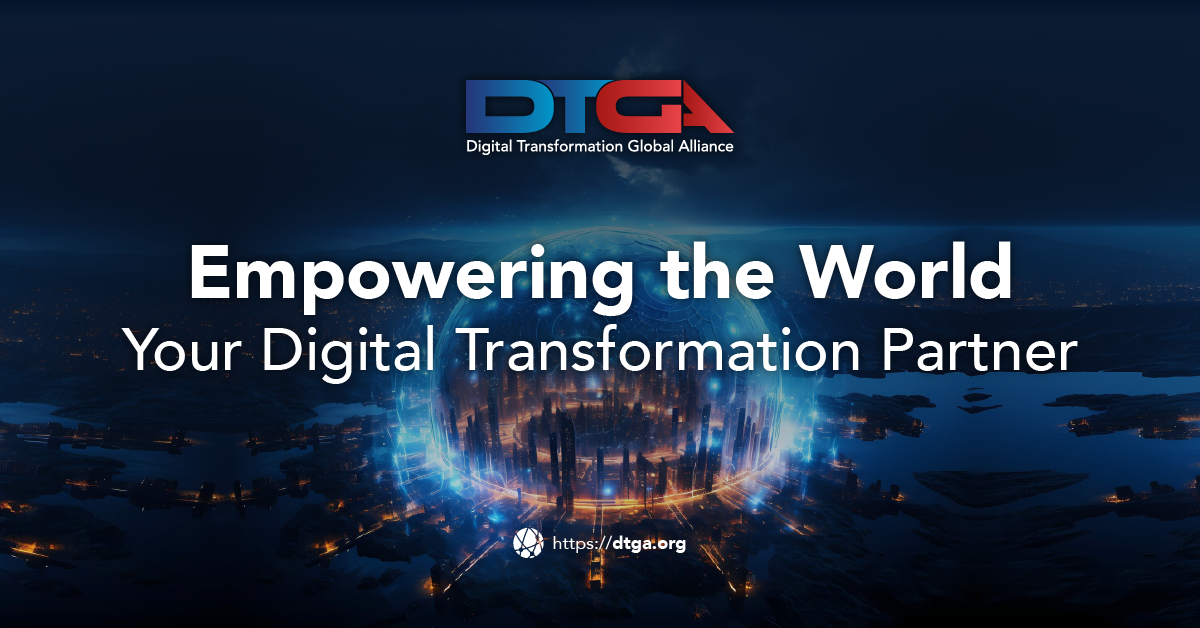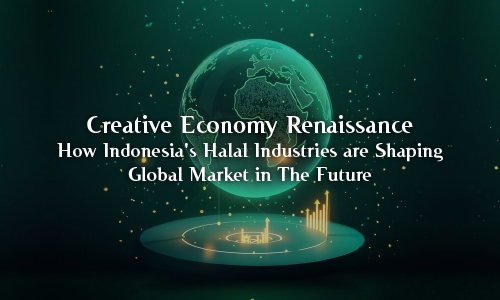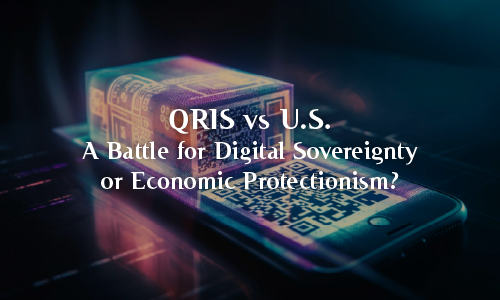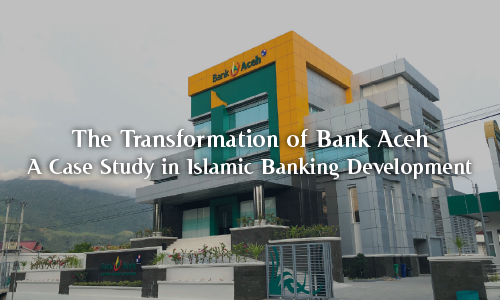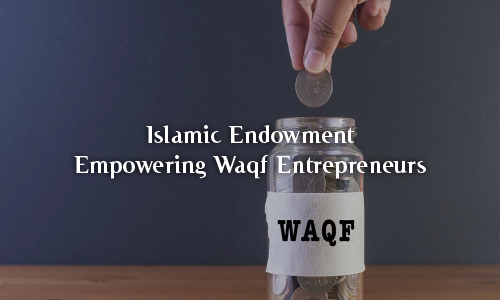
Summary: Zakat, as one of the five pillars of Islam, holds significant potential in Indonesia for poverty alleviation and economic development. Despite the country's vast Muslim population and an estimated zakat potential of 327 trillion rupiah annually, actual collection remains low due to zakat literacy gaps, limited public trust, and a preference for informal giving. Research highlights key factors influencing zakat contributions, including income levels, trust in institutions, religiosity, and digitalization, though trust appears to be the most critical factor in encouraging formal zakat payments. Digital transformation and fintech solutions offer promising opportunities for optimizing zakat management, yet challenges such as cybersecurity concerns and legal awareness persist. To enhance zakat’s role in national development, key strategies include improving zakat literacy, strengthening institutional transparency, promoting digital zakat adoption, enforcing zakat-related regulations, and directing funds toward impactful social programs. By addressing these challenges, Indonesia can maximize its zakat potential, fostering economic justice and social welfare.
Introduction of Zakat
Zakat, one of the five pillars of Islam, is a mandatory form of almsgiving for eligible Muslims and serves as an instrument of social justice and economic redistribution. In Indonesia, the country with the largest Muslim population in the world, zakat has immense potential to contribute to poverty alleviation and overall economic development. The effective management of zakat funds can play a significant role in achieving sustainable development goals by supporting those in need and fostering social welfare. Zakat is one of the five pillars of Islam, distinguished by its unique dual dimensions. On the spiritual level, zakat serves as an act of worship that strengthens the relationship between the giver and Allah. On the social-economic level, it functions as a powerful tool for wealth distribution and poverty alleviation, ensuring economic justice within society. As a result, zakat not only fulfills religious obligations but also plays a crucial role in socioeconomic development.
Zakat functions as a form of Islamic philanthropy aimed at reducing economic disparities and providing financial…


